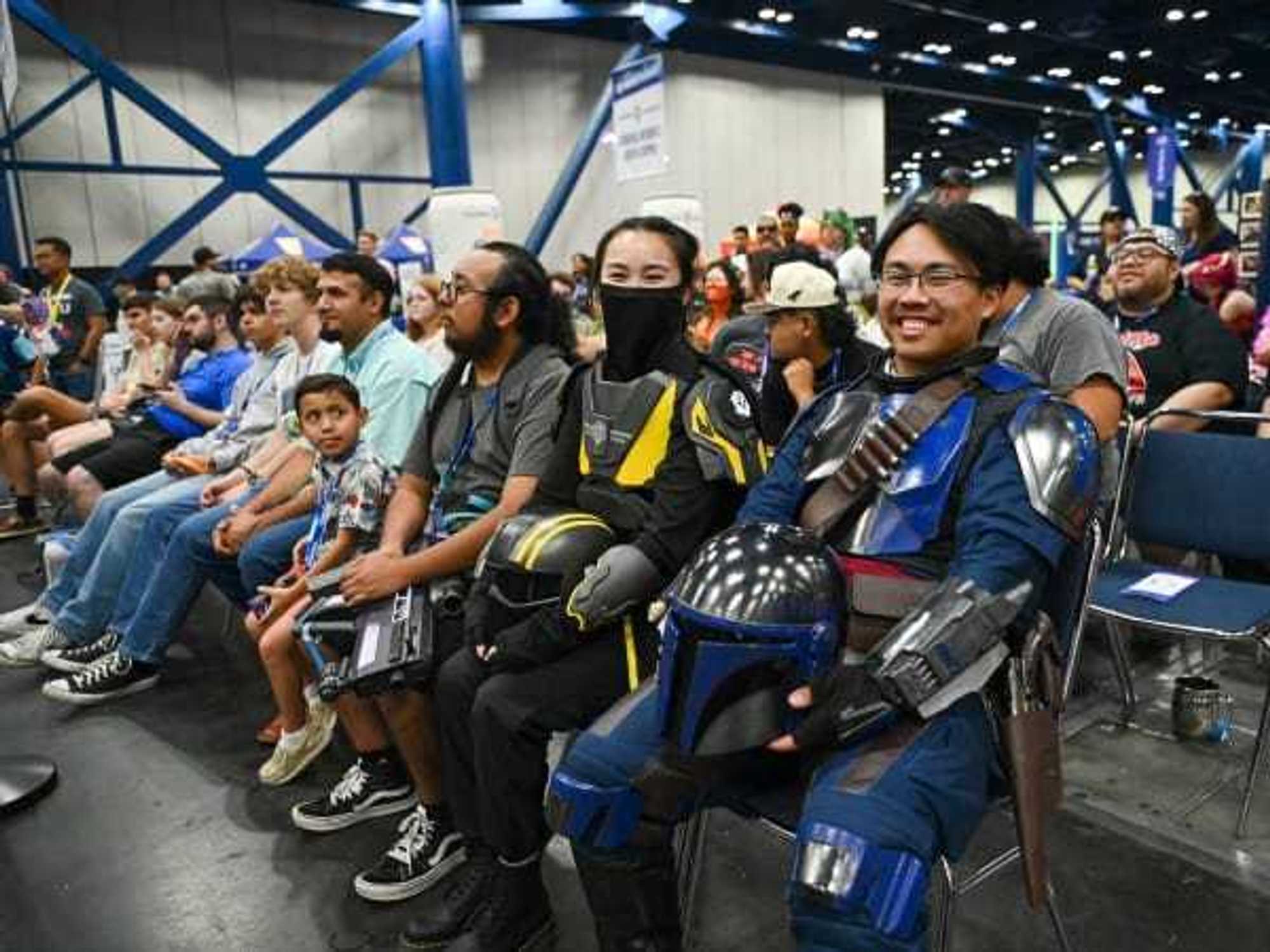Hot Ticket
It's a monster! Houston's historic downtown movie theater reveals a newscreening
The Majestic Metro Theater has been through its fair share of changes since its opening as a silent movie house in 1926, showing everything from cowboy flicks to blaxploitation films to porno videos before establishing itself as a special events venue in the 1980s.
But perhaps none have been quite so well-received as a recent partnership between the Downtown District and the Alamo Drafthouse Rolling Roadshow, which aims to revitalize downtown Houston after work hours with Big Movie Classics.
Tickets go on sale today for a screening of King Kong — the classic 1933 monster movie that has spawned countless remakes, spin offs and parodies.
Tickets go on sale today for a screening of King Kong — the classic 1933 monster movie that has spawned countless remakes, spin offs and parodies — set for 8:15 p.m. on Oct. 23 at the Majestic.
A $10 ticket includes the movie, sweets and spirits, and all proceeds go to event programming at neighboring Market Square Park — and if the Valentine's Day screening of Breakfast at Tiffany's and the showing of Some Like It Hot in June are any indication of the program's popularity, these seats are going to sell out fast.
Want to make it a dinner and movie occasion? Find area dining suggestions here.
Big Movie Classics at the Majestic Metro screens King Kong on Oct. 23 at 8:15 p.m. Tickets are $10 and can be purchased online now. Seating is first come, first served. Note: Tickets cannot be purchased at the door.

